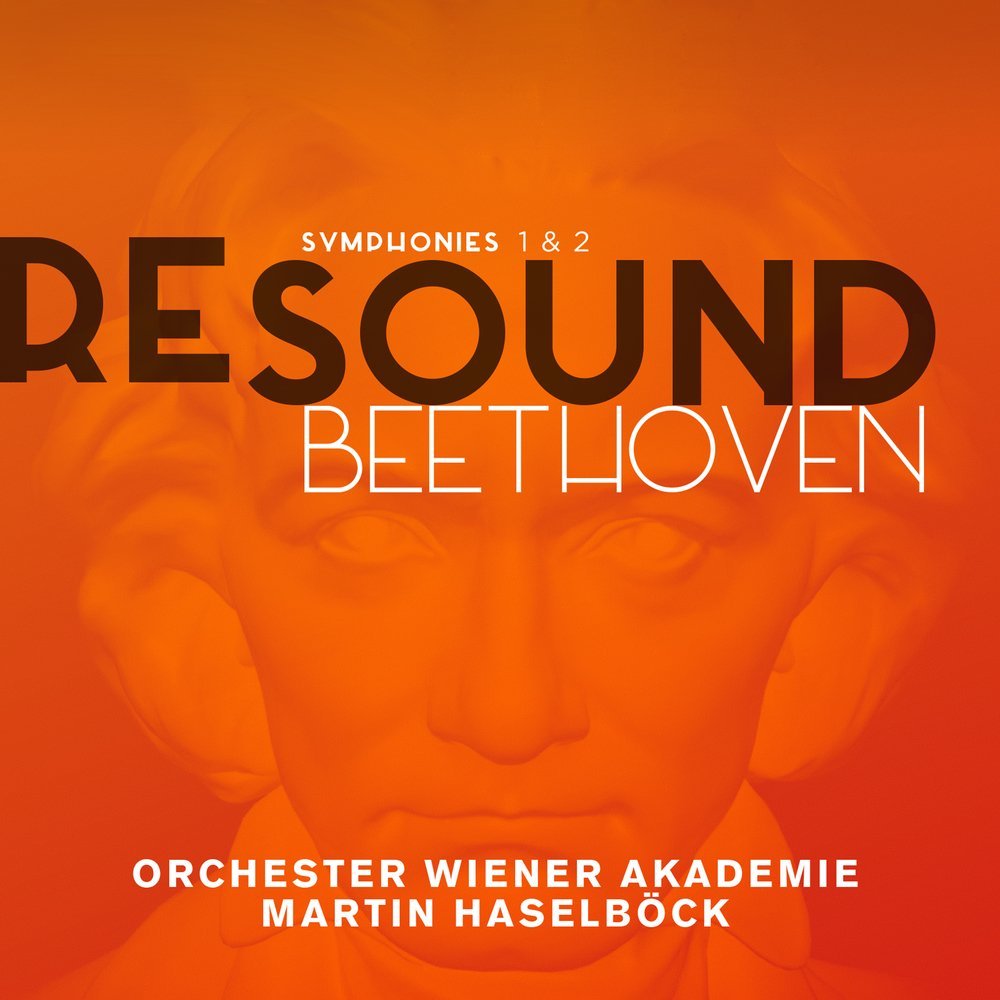Ionarts-at-Large: A Viennese HIP/un-HIP Beethoven Malaise
The Vienna Academy Orchestra’s “Resound” concerts is the series of performances that tries to perform the works of Ludwig van Beethoven (Symphonies and beyond) not just on original instruments and with historical performance practices but also in historical venues – namely, wherever available – in the venues in which the works were premiered. The performance of the Ninth in the “Redouten-Saal” (review on Forbes) was exciting and raw and permitted to a sense of what it might have been like at the first or second performance (however faint – that’s more than what any top notch ‘modern’ performance can do).
Now it was time for the Vienna Academy Orchestra to play the Fourth Symphony (first performed in the Eroica Hall of the Palais Lobkowitz and officially premiered at the Burgtheater) to re-sound and the Violin Concerto… which linked the concert to its venue, the Theater an der Wien. Many attendees thought it was marvelous; I thought it was a round disappointment. The Fourth was rough and raw, not a pretty sound, thought at least for a while in that exciting way that the orchestra is capable of. If that means that the performance – whatever deficits it accrues along the way – is never, never boring, I’m all for it. But after a while, at the latest in the slow movement, it became clear to the ears that the lack of beauty here was not made up by any particular light sound or an interpretation of particular finesse or energy or interest. Amidst that, a bassoon like an owl with bronchitis. This wasn’t the “Apotheosis of Dance” (Wagner), and even a rough and driven finale – which can make up for a lot – didn’t.
Out came the soloist Benjamin Schmid… one of those curious cases of a violinist who has a major career on paper but with something – namely the breakthrough – missing. Perhaps it’s the lack of a major recording company breakthrough; in any case it’s not a lack of unwillingness to try worthy but off-the-beaten path repertoire (his Wolf-Ferrari was amazing; No.2 on the ionarts Best Recordings of 2012 list). It’s not for lack of skill, talent, or musicality either, although this night he was not making his best case. Well, at least he’s world famous in Vienna. Since he has the ability to cross over into genres like Jazz (successfully and surprisingly authentic) I was now perplexed but considered for a second that he was also dabbling in historical performance practice.
  L.v.Beethoven, Symphonies 1 & 2, M.Haselböck/Vienna Academy Orchestra Alpha       L.v.Beethoven, Symphony 7 & Wellington's Victory, M.Haselböck/Vienna Academy Orchestra/ Alpha     |
Then came cadenza time. Now, which cadenza would one play in a performance with a HIP orchestra? The standard, Kreisler, has become a bit boring and would be a-historical as would be everything else written down after Beethoven. Back then it would have been an improvisation (during which I seem to remember the premiering soloist played his instrument upside down) and that might be the most authentic option in such circumstances. Beethoven ended up transcribing the concerto into a piano concerto, known as “op.61b” – and for that he wrote the cadenza out… which has since been re-transcribed (by Wolfgang Schneiderhan) to fit the violin concerto. It’s an option that many HIP performance opt for, such as my favorites Zehetmair/Brüggen and the “Best of 2012” choice Faust/Abbado.
Schmid didn’t go that route but went with something as far from HIP as possible: Henryk Wieniawski’s cadenza – a tedious ‘double-stop Étude on a theme by Beethoven’. By the time he came out of the cadenza, he had come almost to a complete halt. The second movement was sloppy and not novel enough to overlook the lack of beauty. The third movement did not revitalize the performance, which limped on, ungainly. Considering what I have heard in concert (Julia Fischer or, surprisingly, Julian Rachlin) or on record (see above and add Steinbacher and Kopatchinskaja) just among violinists his or near his generation, this was small beer and, in short, not enjoyable. It also didn’t make sense, from a "Resound"-philosophical perspective, for the orchestra under Martin Haselböck to have performed it with Schmid, except they had probably counted on his local fame in order to to sell enough tickets. (Successfully, by the looks of it, so I suppose they scored on that count, at least.)

Follow @ClassicalCritic























































No comments:
Post a Comment